RingCentral
Use this topic to aid in configuring Q-SYS Softphone for RingCentral.
-
Navigate to http://www.ringcentral.com/
-
In the upper-right corner, click Login.
-
Click Admin Portal.
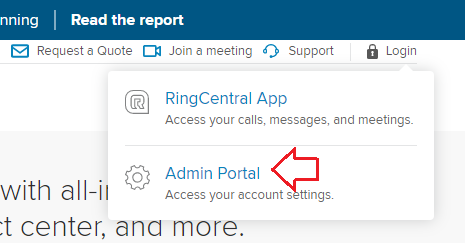
-
Log in with your RingCentral credentials.
-
On the Phone System page, click Phones & Devices from the left side menu.
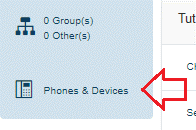
-
For an existing phone, click Setup & Provision from the Operation column.

-
In the Setup & Provisioning screen, click Select Device from the top menu.
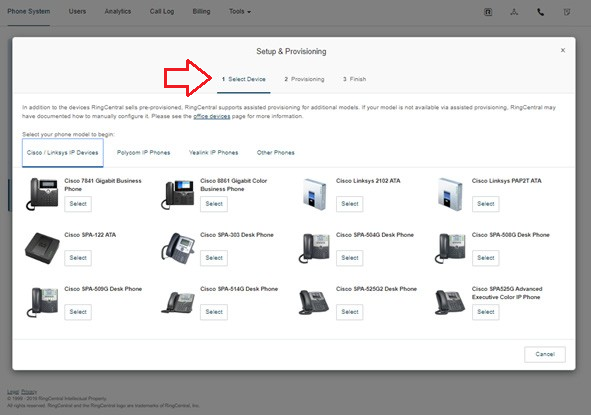
-
Click Other Phones from the sub-menu.
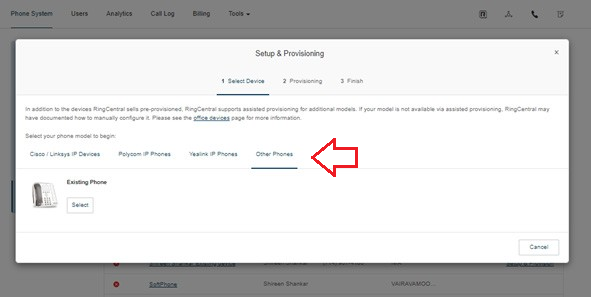
-
Under Existing Phone, click Select.
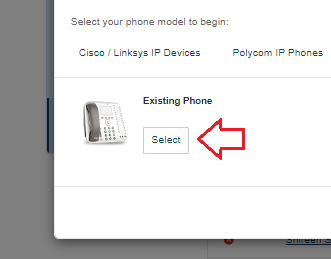
-
The next screen contains the SIP registration details. There is no need to make any changes. Copy this information to use when configuring Q-SYS Softphone in the next section.
Note: Although multiple outbound proxies are available for selection, SIP10.ringcentral.com or SIP20.ringcentral.com are the ones to use for North America when configuring Q-SYS Softphone.
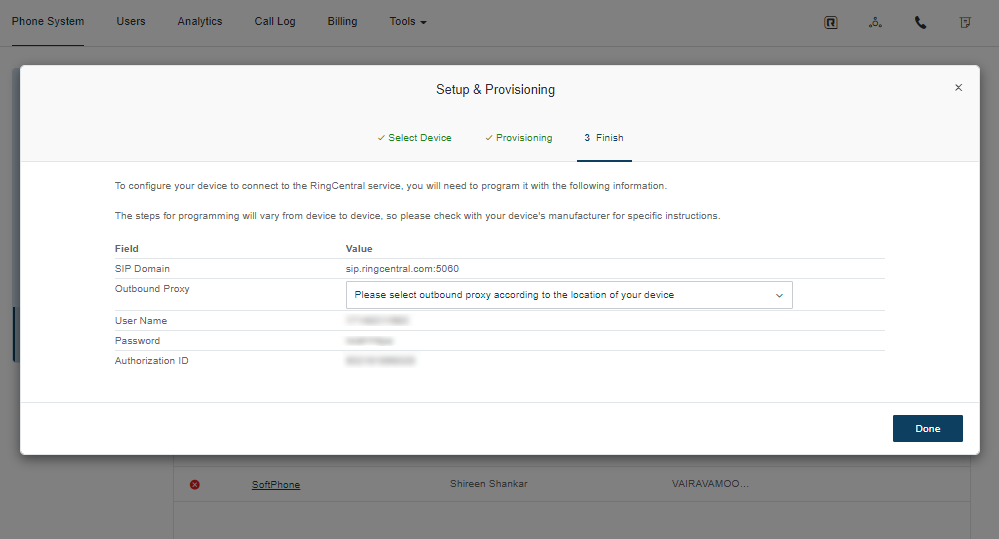
Refer to the Hosted SIP Configuration topic as a general guide for configuring Q-SYS Softphone for a hosted SIP provider. Use the following parameters to configure for compatibility with RingCentral.
Terminology Cross-Reference
Use this table as a guide for converting RingCentral terms to those that Q-SYS Softphone uses.
| RingCentral | Q-SYS Softphone |
|---|---|
|
SIP Domain |
Domain |
|
Outbound Proxy |
Proxy |
|
Username |
Username |
|
Password |
Password |
|
Authorization ID |
Authentication ID |
RingCentral field names
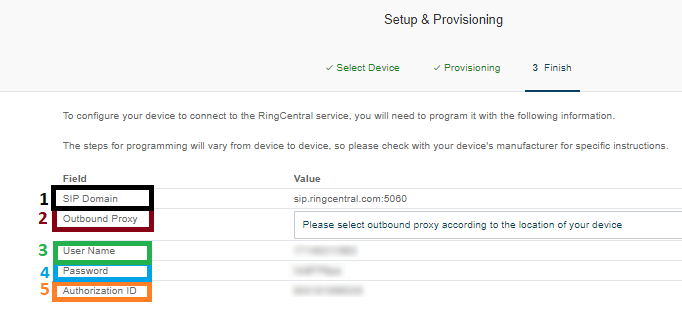
Q-SYS Softphone field names
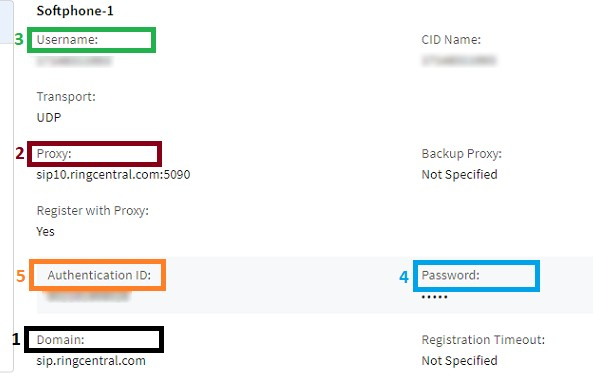
Configuration Notes
|
Username |
“User Name” is equal to the “Phone Number”. Note: “User Name” is not equal to the “Authentication ID”. |
|
Multiple Extensions |
RingCentral does not lock down third-party SIP devices to a MAC address. This allows multiple RingCentral extensions to be configured per Q-SYS Core processor. |
|
DTMF |
RFC2833 is supported. |
|
Domain |
Required. Adding the port to the Domain is not needed. |
|
Outbound SIP Ports |
Are nonstandard. (Standard is UDP and TCP 5060, TLS 5061) |
|
TLS/SRTP |
TLS requires SRTP. TLS uses port 5096 and it needs to be added to the end of the proxy for outbound traffic:
|
|
UDP and TCP |
TCP/UDP use port 5090 and it needs to be added to the end of the proxy for outbound traffic:
|
|
Audio Codecs |
RingCentral supports the following:
|


